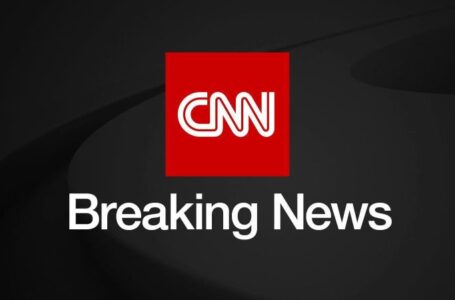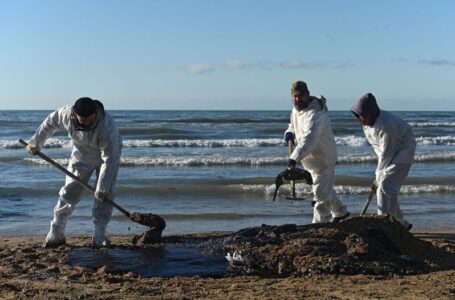Nissan could face cost-cutting ‘carnage’ in Honda merger, Carlos Ghosn says
Dry January too daunting? A damp one is still worthwhile


IT’S THE end of December, which means my inbox is flooded with pitches for mocktails, apps, and lifestyle gurus ready to help you sober up after the excess of the holidays. So-called “Dry January” — initially intended as a public health campaign — is now as fully commercial as Christmas and New Year’s Eve.
But according to data from Morning Consult, fewer people in the US participated in Dry January in 2023. Older generations show the least interest. That’s a shame, because the health benefits of consuming less alcohol couldn’t be clearer.
Maybe one way to get more on board would be to extol moderation rather than abstinence. For some, a dry-as-the-desert January can feel daunting — maybe you don’t want to forgo the celebratory glass of champagne for a birthday or anniversary, or skip the fancy cocktail at a restaurant you’ve been waiting months to try. If you’ll cave once or twice, why bother at all?
But there are still health benefits to a “damp” January, where drinkers pare back rather than abstain. Even a moderate month can offer one of the biggest benefits of Dry January: reflecting on one’s relationship with alcohol.
That means noticing why you have the impulse to grab a drink — for example, how often is it a response to stress? Does it feel daunting to mingle at a party without a glass of wine in your hand? Is one nightly drink turning into two or three?
Whether dry or damp, January can also be a chance to take inventory of how your body feels on less booze. If your sleep improves, your mind is clearer in the morning, or you don’t find yourself reaching for the Advil or Tums as often, your body might be telling you to consider more than just a month of moderation.
That’s a message worth listening to, especially for women, who are catching up to men when it comes to alcohol use disorder — a trend that is especially worrisome when considering women are more vulnerable to the worst health effects of drinking.
But even a damp January requires a plan, says George Koob, director of the National Institute on Alcohol Abuse and Alcoholism. “You can’t wiffle waffle and get chaotic about it.”
To avoid wiffling and waffling, Mr. Koob shares a few principles of self-regulation: monitoring, strength, and standards. Set a goal for how often you plan to abstain (your standards), have the internal fortitude to stay the course (your strength), and keep track of your progress (monitoring).
Monitoring can be as simple as jotting down how many drinks you’ve had on a sticky note or as involved as formally signing up through an app. If you’re someone that thrives on closing all the rings on your Apple Watch or seeing a badge appear on Strava, an app might provide the right kind of motivation.
In theory, these apps can also help with the “strength” side of staying the course by offering reminders and tips like mocktail recipes or strategies for socializing without liquid courage. Try Dry, a free app from Alcohol Change UK, a charity that helped to popularize Dry January over a decade ago, will also tally up your weekly savings from forgoing booze.
One thing to leave off your plan for a more sober month: THC. Companies making cannabis-infused drinks are eager to step in to fill the glasses left empty during Dry January. One firm, Cann, is going so far as to try to rebrand the month as “Cannuary,” and in an e-mail pitch said transactions tripled in January and February of 2023 during its campaign to convert alcohol drinkers to marijuana users.
When I asked Mr. Koob if these companies were offering a reasonable substitute during Dry January, his answer was immediate and emphatic: No. “In a sense, you’re self-medicating if you have to substitute one psychotropic substance for another,” he says. And while cannabis companies like to argue that THC is much safer than other social lubricants, that doesn’t mean it’s benign; rather, its effects on the body are much different (and less comprehensively studied) than alcohol.
As Nora Volkow, director of the National Institute on Drug Abuse, part of the National Institutes of Health, told Bloomberg earlier this year, “both are associated with harms and both can lead to addiction.” It would be a mistake to turn Dry January into High January.
That’s an especially important message for younger generations. Surveys show Gen Z and millennials are increasingly interested in taking a more moderate approach to alcohol, but are also clearly the target audience for these cannabis companies.
Whether your January is bone-dry or moderately damp, it’s well worth the effort. If done right, the benefits of taking a break can linger well past the marketing schtick of a sober month. One study in the UK showed that people who took a January break continue to be more balanced in their drinking six months later. That’s an outcome that can make a real difference in our health. —Bloomberg Opinion











